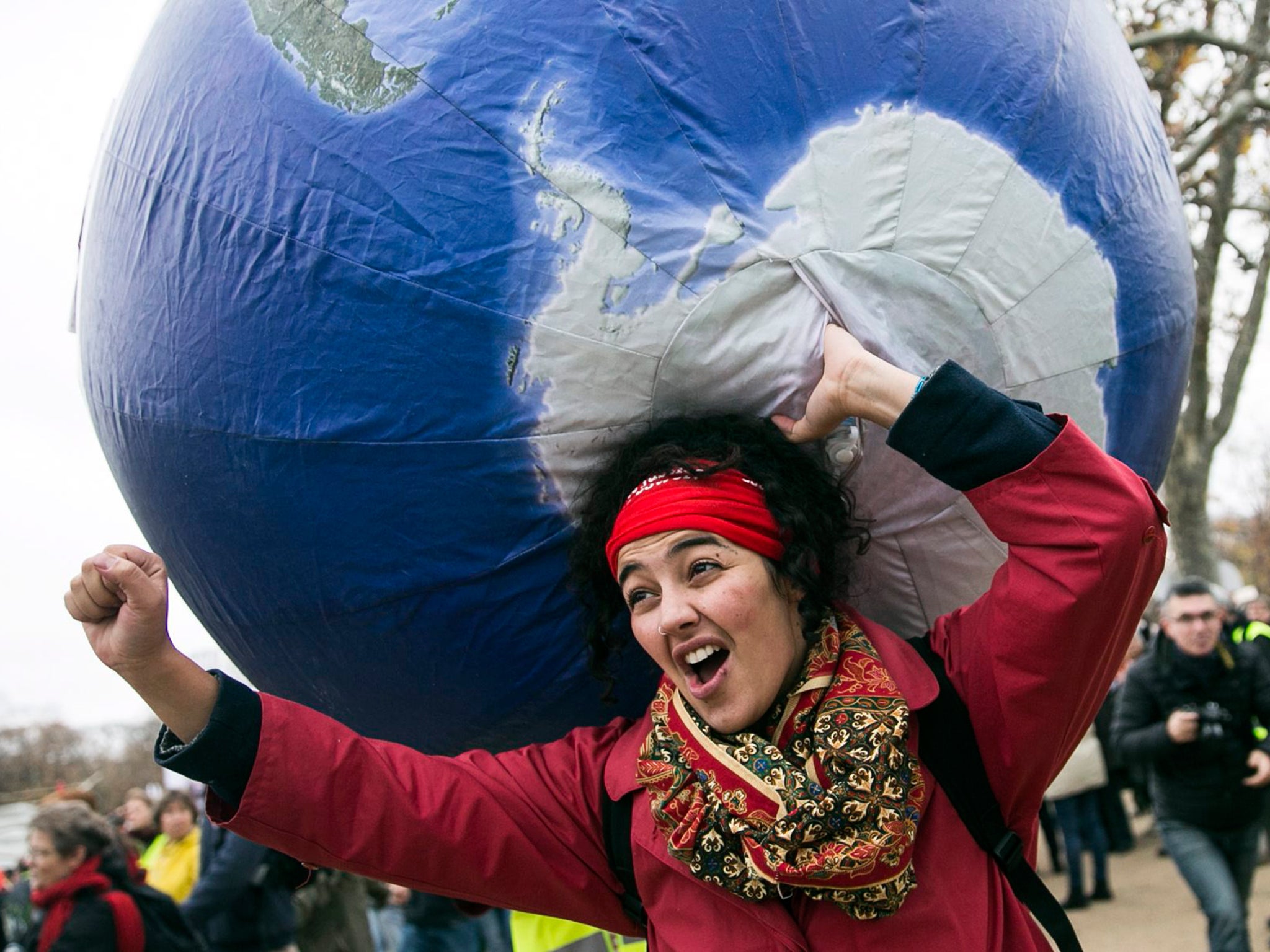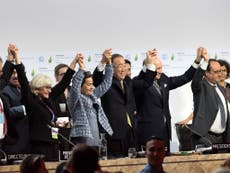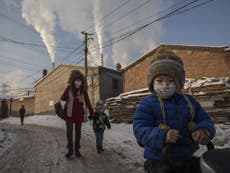Four things to ensure Paris climate agreement more than lip service
Governments need time and a little patience to make sure the Paris climate talks amount to anything more than nice discussion

The Paris climate change deal struck by the governments of 196 nations does not fulfill everyone’s hopes, and it leaves important details to be resolved in the future. But it is a good deal. First, it is the first universal agreement in which all countries, developed as well as developing, accept obligations to manage their greenhouse gas emissions. It leaves behind the flawed approach of the Kyoto Protocol where some countries had commitments while others did not.
And still, as of today, Paris is no more than yet another beginning. In 1992, the UN Framework Convention put climate change firmly on the agenda of world politics. With its yearly Conferences of the Parties it established a mechanism that slowly but steadily strengthened international rules on climate change. In 1997, the Kyoto Protocol set the first binding emissions targets for industrialized countries, and it established market mechanisms to render climate policies more efficient. Yet its most important contribution lay elsewhere: it triggered a development in which measuring and tracking one’s own carbon footprints soon became the new normal.
In 2015, the Paris Agreement can put the world on track to limit global warming. The science is clearer, many industrialized countries have embarked – slowly but steadily – on transforming their economies, and the global awareness of climate change impacts has been heightened by its first signs around the world. Yet, in hindsight, Paris will only have been a success if we learn four important lessons from the conference that ended this weekend.
One: In a world of 196 states, progress can only be slow and we must learn that slow is not always bad. Governments need time. They need time to understand what climate change means for their own countries. They need time to forge compromises. They need time to persuade other countries of the value of their legitimate interests. They need time to find out if they can sell new compromises at home. And they need time to learn from their mistakes.
Two: Once delegations have met these challenges, the Paris conference shows that able diplomacy can help states to walk the last mile. It is not a surprise that an agreement was reached in a year in which the annual climate talks happened to be held in France, a country with a particularly strong diplomatic corps and tradition. In contrast, had delegations missed the opportunity to strike a deal in Paris, a similar opportunity may not have arisen in the near future.
Three: Even though countries from North and South support the Paris Agreement, the conflict that divides them continues. As a result, the Paris Agreement will become a success only if all parties continue to make concessions. The South has made a remarkable step in that it has factually, though not always rhetorically, given up on the historical responsibility of industrialized countries. Its vital call for differentiation now builds not on past wrongs, but on current development needs. The North should acknowledge this concession by recognizing such development needs and by showing that economic development can follow a low-carbon path.
Four: Unless voters reward governments that keep the momentum alive, little will happen. The Paris Agreement expects governments to renew their commitments every five years. When governments update their commitments, they will look at the ambition others are showing, and when designing political programmes, governments will look at whether others have been rewarded or punished for ambitious climate policies. If a few minor states drop out of the commitment, so be it. If major states do, the Paris Agreement will be dead.
The Paris Agreement gives the planet a little time to breathe. In the words of Prakash Javadekar, the environmental minister of India, it opens a new chapter of hope. But the planet still counts on us to turn the words into deeds.
Klaus Dingwerth is a Professor of Political Science at the University of St Gallen




Join our commenting forum
Join thought-provoking conversations, follow other Independent readers and see their replies